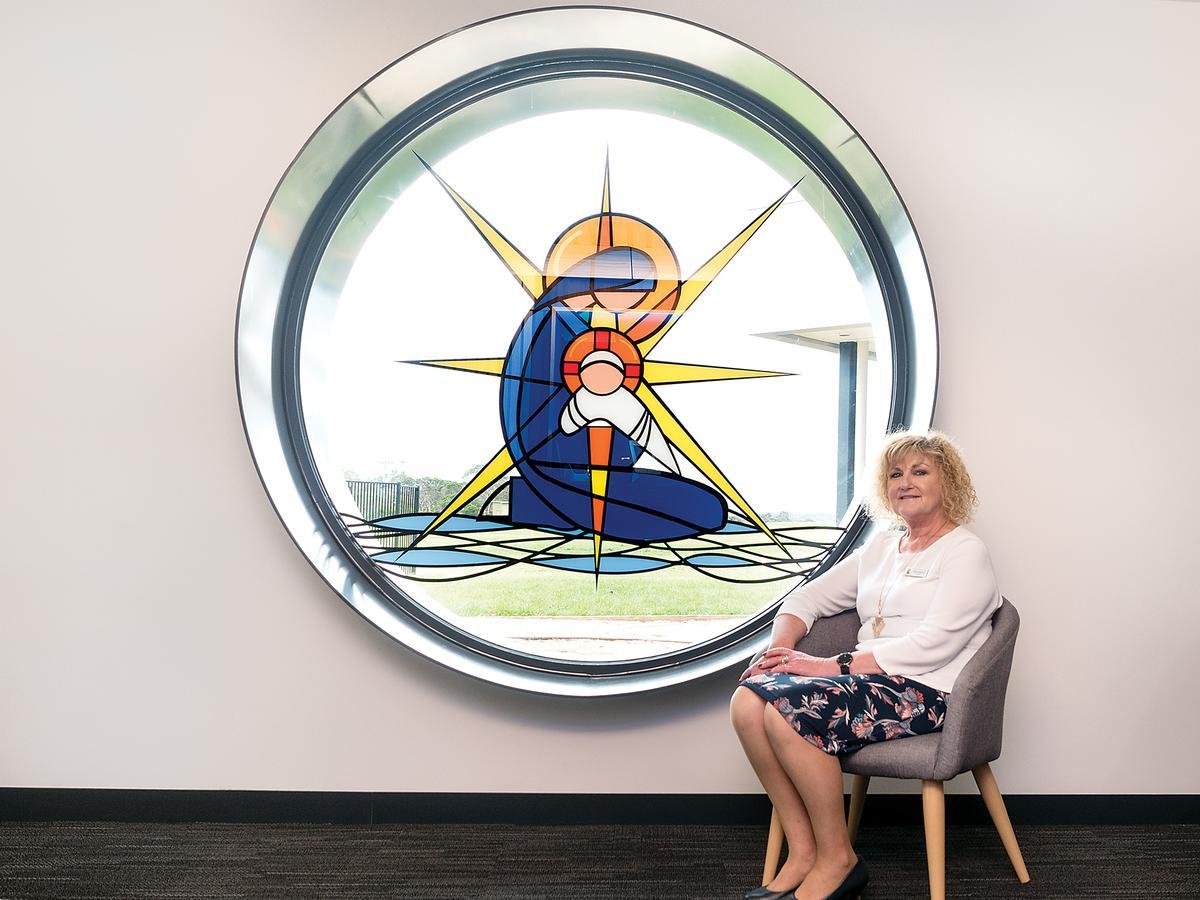Principal Message

Be Kind, Be safe, Be respectful, Be responsible, Be resilient, Be ready
Dear Parents and carers,
The following story is not true – thankfully! Two friends flew to Canada on a hunting trip. They chartered a small plane to take them into the Rockies to hunt Moose. They managed to bag 6 but as they were loading the plane to return, the pilot said the plane could carry only 4 moose. The two friends objected strongly: “Last year we shot 6. The pilot let us take them all and he had the same plane as yours.” Reluctantly, the pilot gave in and all six were loaded. The plane took off but, while attempting to cross some mountains, even on full power, it couldn’t handle the load and went down. Somehow, surrounded by the moose bodies, only the two friends survived the crash. After climbing from the wreckage, one friend asked, “Any idea where we are?” His friend replied, “I think we’re pretty close to where we crashed last year!”
This story would not fit the category “Learning from Mistakes”, because a mistake is an unintentional error or misunderstanding. Mistakes can be painful when they occur but as time goes by they become known as experiences and worthwhile if we learn from them.
Before Albert Einstein eventually made the first successful light bulb, he made several thousand unsuccessful ones. When asked about his many failures, he is said to have replied, “I have not failed. I’ve discovered ten thousand ways which do not work.” Failure is often the forerunner to success; without errors being made, much of our modern knowledge and way of living would not exist.
Mistakes of themselves are not bad, they are part of the way in which we learn, grow, and mature. Mistakes should be regarded as experiences, which give us information from which we can learn and make improved decisions – provided we don't take them too seriously. Likewise, we can only learn from a mistake if we take ownership of it and admit that we made it. As soon as we start to blame other people for what occurred, we begin to distance ourselves from any beneficial outcome. Accepting responsibility makes learning possible and though we can’t change mistakes, we can, if necessary, change how we respond to them.
When our children make mistakes, we should avoid belittling them and making a big deal out of their mistakes. Instead, much can be gained if we discuss with them what went wrong and how, in the future, they might be able to avoid the same thing going wrong again. They need to be assured that mistakes can be fixed and that these mistakes can be used as a way of learning how to find better ways to be successful.
Similar to adults, children need to take responsibility for their mistakes and we deprive them of this opportunity, if we remove the burden of responsibility from them by accepting their responsibility as our own. Our children will never learn about consequences if there never are any. If we have a gentle guiding hand to offer our children to help fix their mistakes and solve their problems, we will give them skills that will make them happy and enable them to grow to be productive and responsible young people. Children learn by example, so, if we as parents can demonstrate the proper responses to mistakes, our children will be able to model their own behaviour and expectations, after our own.
God, our Father, is there no end to our responsibilities as parents? We are grateful that you have never given up on us and are always available if we care to remember that you are there. We pray that our children will remember that we are always there for them.
Keep smiling
Cathy

